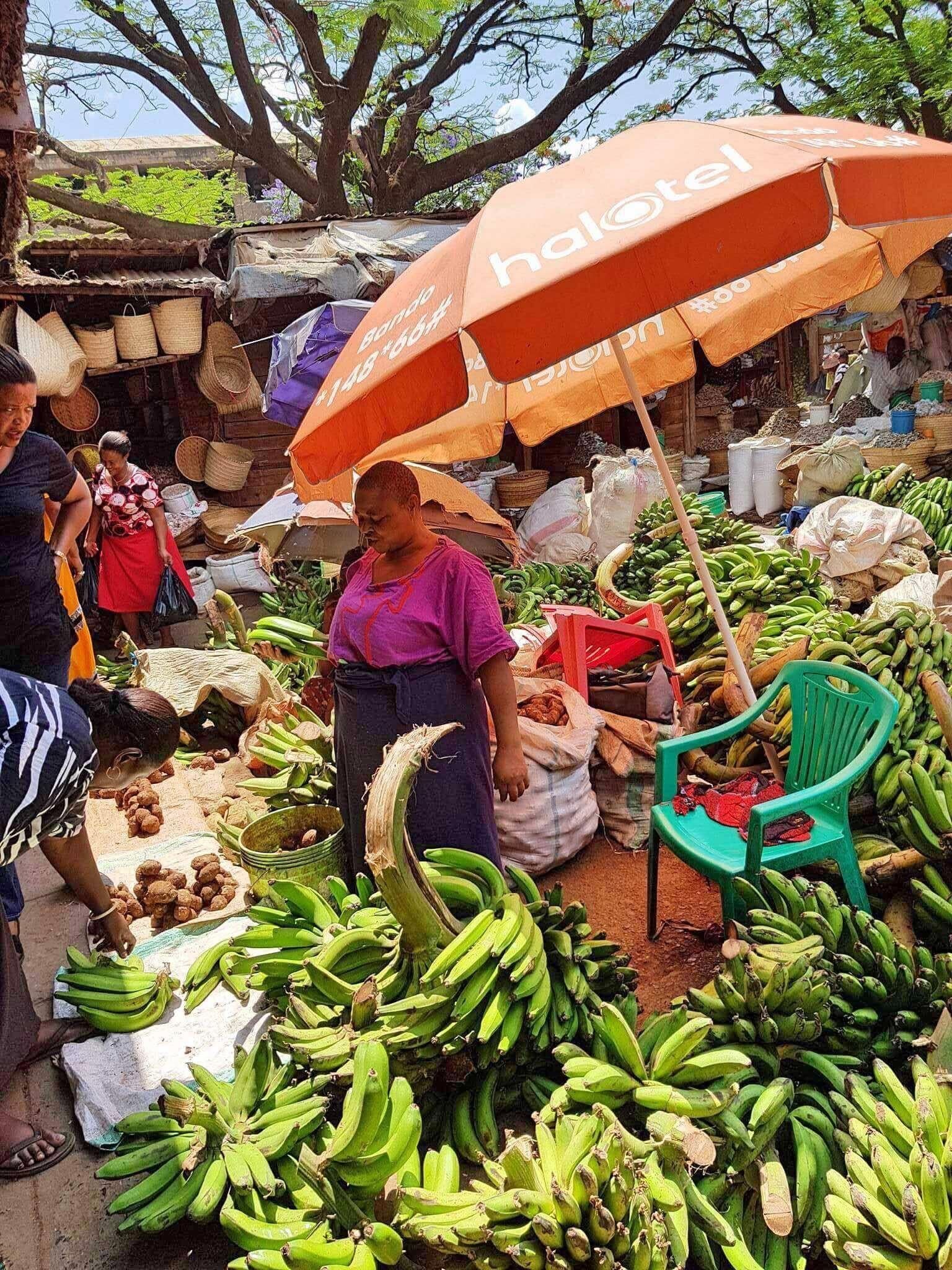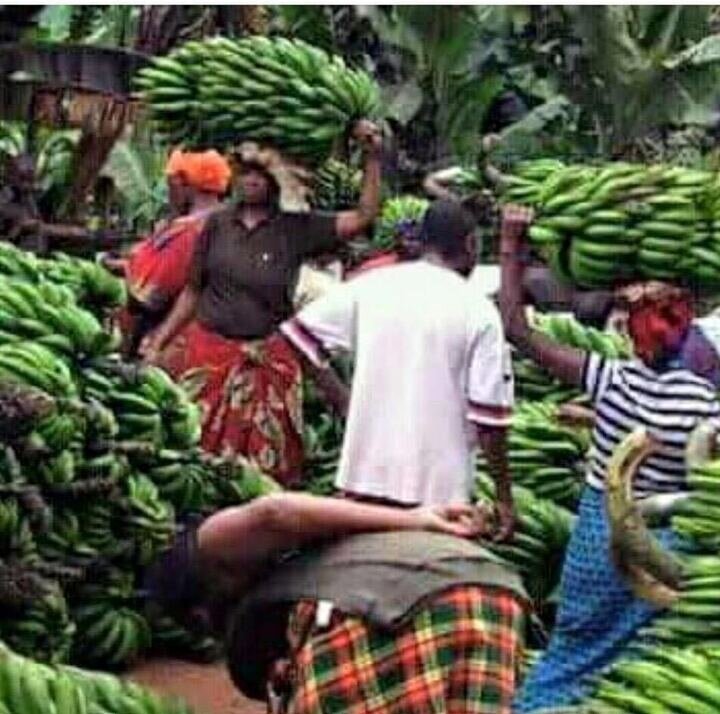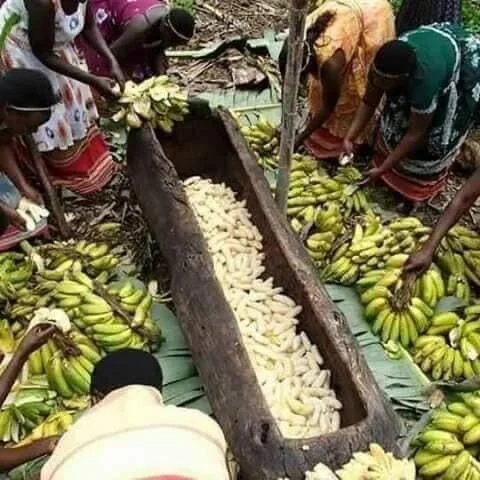A Genuine Story: Navigating the Streets of Tanzania
At the age of two, most children across the West will be able to feed themselves, albeit messily.
They will begin to show signs of whether they are left or right-handed and be able to jump with both feet leaving the ground at the same time. They could be in nursery school, be able to differentiate family members in photographs and the sounds that animals make.
For most, the biggest challenges of a two-year-old will be those terrible temper tantrums.
For me, at the age of two, I was alone in a village in Tanzania. Left by my father to protect the life of myself and my family.
I was in a way, a free bird.
When a bird leaves its nest too early, it risks flying poorly or not at all. It is usually a fatal decision, for their wings are underdeveloped and small. But there I was, and with hindsight, I guess you could say that I flew.
It wasn’t too long before somebody came to help, and I stayed with a German farmer who offered shelter with his workers. I stayed there for a while. The people tried as best that they could, with no internet connection or technology, to try and track down where I had come from. I was able to tell them a little about who I was and they pieced together the fragments of information. They learnt the basics of my story and felt a responsibility to keep it quiet, to keep me safe from my siblings.
However, under a socialist government, German farms were closed with little notice. Their futures were uncertain. If a guard were to turn up at the door, you would be forced to flee with no time to collect your thoughts or belongings.
I travelled from house to house, village to village, living day-to-day.
Mainly, I followed the Churches and journeyed to stay with different pastors. The Church became a permanent fixture in my life.
Across Tanzania, there is not a social system in place to protect children. There is not a system that looks for children if they are missing, nor identifies children found alone.
Increasingly, children are sent to the streets to beg and steal to provide for their families. Children aren't just being left abandoned like I. They are fleeing homes that are unsafe due to the breakdown of family structures.
Sometimes the children will be ignored and slowly disappear. Some may find refuge in an orphanage or home ran by volunteers. Others would try to fend for themselves by finding work and means of survival on the streets. All of these options make the children vulnerable. They can be easily targeted for emotional and physical abuse that can be fatal. These include sex tourism, police brutality and disease. It is an ignored tragedy.
In 2011, Unicef estimated that there were 30 million children living on the street across Africa. As a result of the Covid-19 pandemic, Save The Children has appealed that the same amount of children could find themselves on the streets as a result of poverty in the coming months.
According to Street Children, only 19% of births in Tanzania are registered, meaning that the majority of children lack any access to social security and public services. With more than half of all people living in extreme poverty being children (Unicef), they have formed a hidden population making the exact numbers impossible to trace and children difficult to reach.
During my time on the street, I visited busy marketplaces in search of work and food. I’d help sellers move stock and clean produce in return for carrots. Mostly, traders trust children to work honestly and they begin to recognise your face and summon your help. Usually, they will call you a name based on your defining features or attitude. If you look grumpy, they’ll call you that! Though, for children separated from home, this can be confusing and disorientating. You begin to lose part of your identity, instead moulded into a pet name.
At some point, I found myself in the village of Sonu – home of The Roof of Africa. Looking back at my journey, it would have been about a 17-hour walk from Sufi, the village that I was born in, to here. Arriving in Sonu, I felt safe. It is a rural area, comparably quiet to the developing towns I had been through where violence was visible.
It is here that I met an elderly farmer called Jackson Temba. He took me under his wing. Jackson would buy me food and we would sit companionably, me eating and he drinking a beer, as he told me stories. We made a comfortable friendship. He invited me to his home to graze the cows in return for shelter, food, and a promise of school. This excited me greatly, as I had always wanted to learn and study.
His wife, however, was not as welcoming. She could not understand her husband’s generosity towards a child who is a stranger. The man kept saying; “doesn’t he look like me?”, and she would respond bitterly. With a furious temper, she would withhold food and the school fees.
“I found it difficult to settle. I simply did not feel as though I belonged. ”
I would go missing for several days or sometimes weeks, trying to find somewhere that I felt at peace with myself. Each time I would return, and the man would be angry. He would be worried about me, and I could not figure out why. Nobody could understand why I was unable to accept the bed, the food and the schooling for more than a week or so at a time.
Jackson would call me ‘Shekyandumi’. In Chaga slang, it means “God, help me!” Children who live on the street often shout out “Shekya!” for help. This name followed me throughout school from the day I started in Primary 2.
With the mistreatment from the woman I lived with and the discomfort in my heart, I ran away. I gave up on school and went hungry for about six months. I was hungry, craving knowledge, love, stability, and nutrition.
The only thing that bought me comfort was that I could run away at any time and start over.



